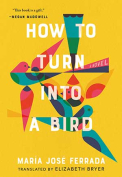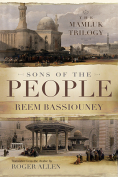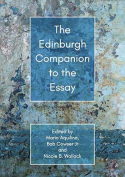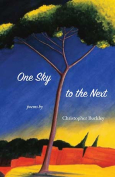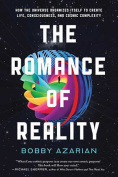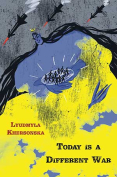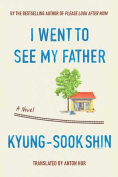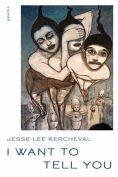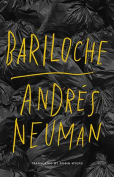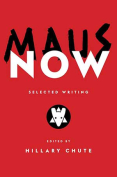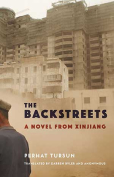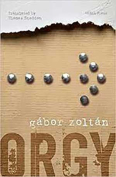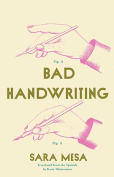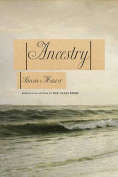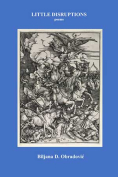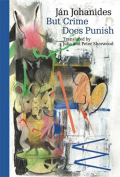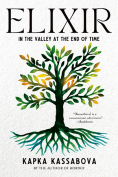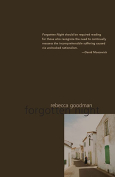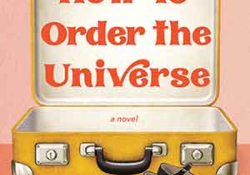How to Turn into a Bird by María José Ferrada
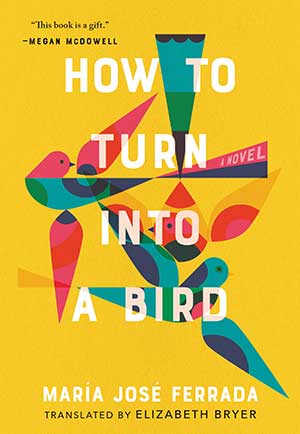 Portland, Oregon. Tin House. 2022. 296 pages.
Portland, Oregon. Tin House. 2022. 296 pages.
When Ramón, the gentle Chilean at the center of María José Ferrada’s dreamlike novel, climbs a billboard and sets up a mattress on the elevated platform in front of a huge soda advertisement, his neighbors think he’s gone mad. His nephew disagrees. Young Miguel suggests Ramón has simply found a peaceful plane, a perch from which everything is “simple and clear.” Who wouldn’t want to crash there?
Like How to Order the Universe—her excellent first novel for adults published in English in 2021—Ferrada’s How to Turn into a Bird is about eccentric coping mechanisms. A successful author of children’s books based in Santiago, Ferrada enlists Miguel, an observant preteen, as her narrator. This yields unpretentious prose—Elizabeth Bryer, teaming with Ferrada for a second time, performs another elegant translation—and a story with the ethereal qualities of a childhood memory.
We don’t learn what year it is, but the events are plainly, if obliquely, shadowed by the brutal regime of Augusto Pinochet, the Chilean army officer who seized power in a deadly 1973 coup. Ramón suffers unspecified losses “in the war,” and it’s not hard to connect his grief with his alcoholism and self-isolation. His absence saddens his wife, Paulina, but Miguel is thrilled to climb the ladder to his uncle’s new home, where Ramón feeds birds, watches the sky—the sunset is his “garden” of light—and builds a “hill of beer cans” that “was starting to look like the Andes.” When classmates learn that he visits his offbeat uncle, Miguel becomes a schoolyard figure of intrigue, a development captured in a few efficient sentences.
If Ferrada’s purposely guileless portrayal risks turning Ramón into a one-dimensional secular saint, she’s consistently insightful about the corrosive effects of a corrupt political order, especially in the book’s increasingly tense closing chapters. When those in charge are violent liars, citizens deprived of opportunity are more likely to turn against those who are less fortunate or unable to defend themselves. While its dreamy title may suggest otherwise, this isn’t an escapist novel that embraces a fantasy about how idiosyncrasy can deliver one from life’s cruelties. Up on Ramón’s platform, Miguel says, the hours “elapse hazily.” But “time down below, heavy as it was, didn’t stop.”
Kevin Canfield
New York
